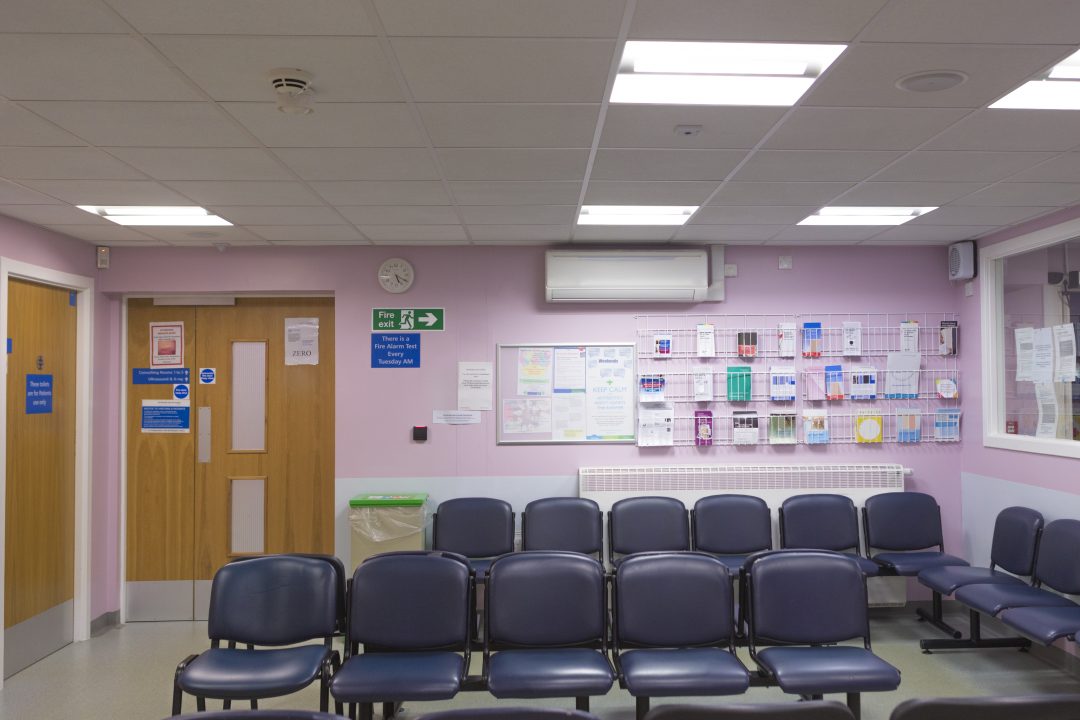Most job vacancies for doctors in Scotland were not filled was because there were no applicants, with the number of unfilled posts reaching a decade-high across the UK.
Nobody applied to more than 80% of all the medical consultant job adverts issued in Scotland that closed without finding a suitable candidate in the last year.
The figures published by the Royal Colleges of Physicians of Edinburgh, Glasgow and London, shows “the supply of doctors falls woefully short of demand”.
“We simply don’t have enough doctors to meet the current and future demands on our health service,” said Professor Jackie Taylor, president of the Royal College of Physicians and Surgeons of Glasgow.
“The results of the census do not come as a surprise to anyone working in our NHS. We are acutely aware of unfilled posts and vacancies in our health service.
“Doctors and other healthcare staff are forced to compensate for staff shortages by taking on excessive workloads. For too many, this is leading to burnout and has an impact on patient care.”
According to the census, more than half of medical consultants in Scotland are due to reach intended retirement age in the next decade.
“We must ensure that our chronic workforce shortages are now addressed as part of a sustainable and deliverable plan for our NHS, as we redesign our services in response not only to the Covid-19 pandemic but to achieve the NHS’ goal of becoming a net-zero greenhouse gas emissions organisation,” said Dr Marion Slater, elected member of council for recently appointed consultants at the Royal College of Physicians of Edinburgh.
In August, the Scottish Government unveiled a £1bn-plus recovery plan for the NHS aimed at tackling the backlogs built up during the pandemic and increasing NHS capacity by 10%.
It promised reforms to both primary care, including doctors, and across Scotland’s hospitals.
Plans are also being put in place to recruit thousands more staff, including 800 additional GPs.
In October, health secretary Humza Yousaf announced a £32m commitment from the Scottish Government to recruit almost 140 new trainee doctors.
But the British Medical Association said the plan could see junior medics being used to “plug gaps” in the workforce, rather than “make a real difference”.
The census revealed that most (71%) of consultants in Scotland worked extra hours due to their heavy clinical workload.
Almost half, (43%) worked extra hours as part of the Covid-19 response and a further 18% due to coronavirus recovery work.
BMA Scotland said the “deepening crisis” was leading exhausted doctors to consider leaving the NHS altogether.
Years of covering for absent colleagues, the pandemic, not feeling valued financially or professionally have left doctors “feeling worn out”, said the union’s chairman, Lewis Morrison.
A Scottish Government spokesperson said: “The number of staff working in NHS Scotland is at an all-time high, while the number of medical and dental consultants is also at a record high and has increased by 58.4% since September 2006 to 5758 WTE (Whole Time Equivalent).
“We recognise the challenges health and social care services are experiencing. That is why we have announced a record £300m of new investment in measures to help services deal with system pressures over winter.
“To ensure our health and social care staff can continue to be able to best care for us, we need to make sure we continue to care for them by looking after their wellbeing this winter. This is why we are investing an additional £4m in staff wellbeing measures, in addition to the £8m made available through the NHS Recovery Plan.
“As well as direct workforce investment, we are introducing measures to maximise capacity in our hospitals, reduce delayed discharges and improve social care pay. These measures will ensure patients are cared for in the right setting within their community and alleviate pressures on frontline health services.”
Follow STV News on WhatsApp
Scan the QR code on your mobile device for all the latest news from around the country


 iStock
iStock
























